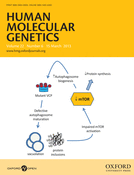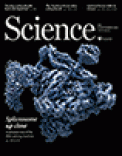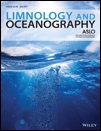 Earlier this year, the University of California, San Francisco and the San Francisco Veterans Administration Medical Center teamed up to write a letter.
Earlier this year, the University of California, San Francisco and the San Francisco Veterans Administration Medical Center teamed up to write a letter.
Addressed to the editorial office at the American Association of Cancer Research (AACR), the letter, parts of which have been published in a retraction notice, contained information concerning two papers on genetic risk factors for a type of kidney cancer and a type of uterine cancer, respectively, published in different AACR journals over a decade ago by researchers affiliated with the institutions.
The papers had been at the center of research misconduct investigations at both UCSF and the VA and the investigations came to the conclusion that both papers contained:
fabrication or falsification of data that constitutes Research Misconduct.
Though one of the papers has been retracted, it’s unclear what will happen to the other. [Note: See update at the bottom of the post.] Continue reading UCSF, VA investigations find “clear evidence” of misconduct in cancer papers






 Elsevier will close GeoResJ, a journal that published work on climate change, among other subjects, after five years of publication.
Elsevier will close GeoResJ, a journal that published work on climate change, among other subjects, after five years of publication. The week at Retraction Watch featured the
The week at Retraction Watch featured the  An oceanography journal has retracted a 2017 paper by a group of researchers in China after learning from a reader that one of the authors had a bogus affiliation in the United States.
An oceanography journal has retracted a 2017 paper by a group of researchers in China after learning from a reader that one of the authors had a bogus affiliation in the United States.